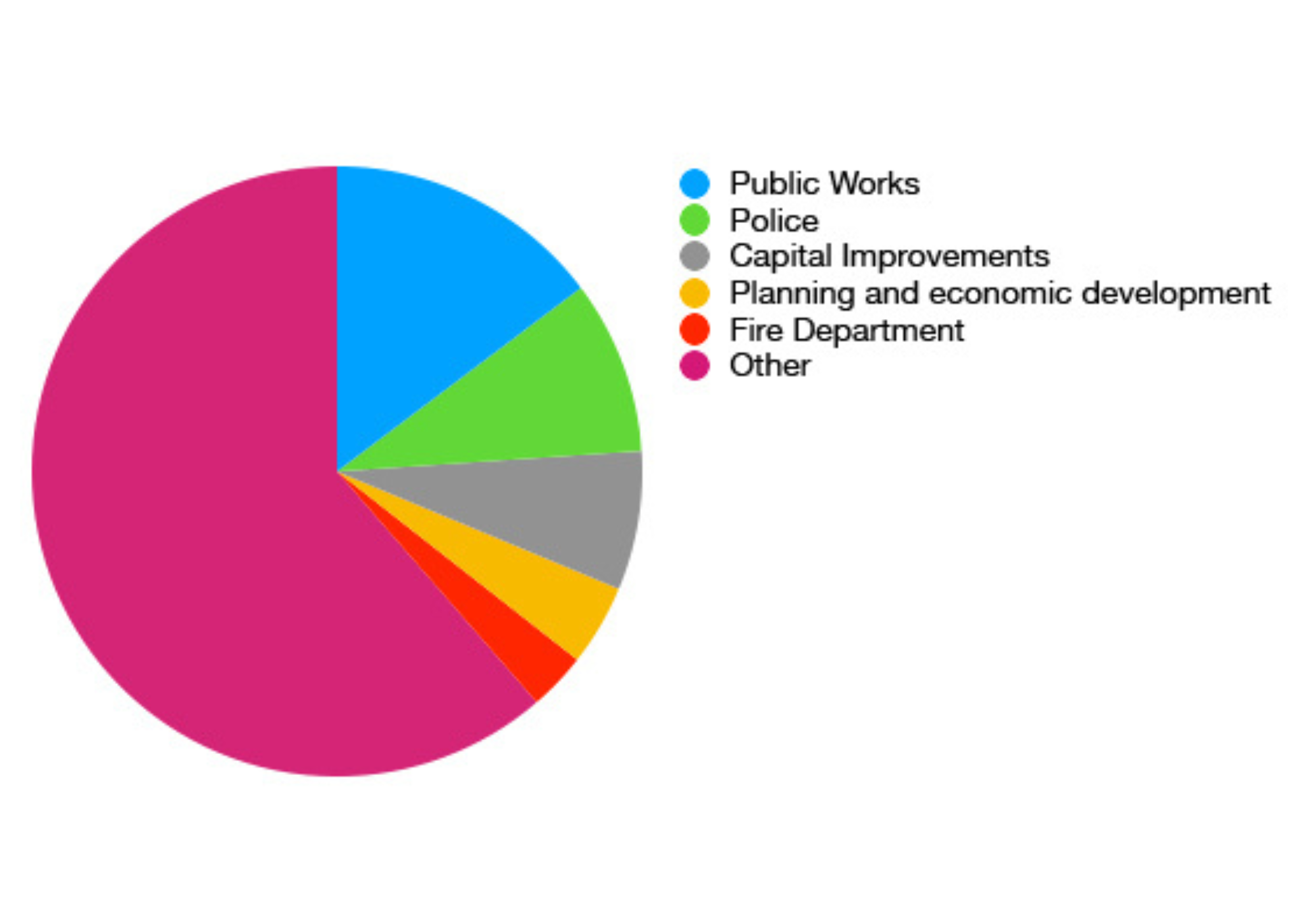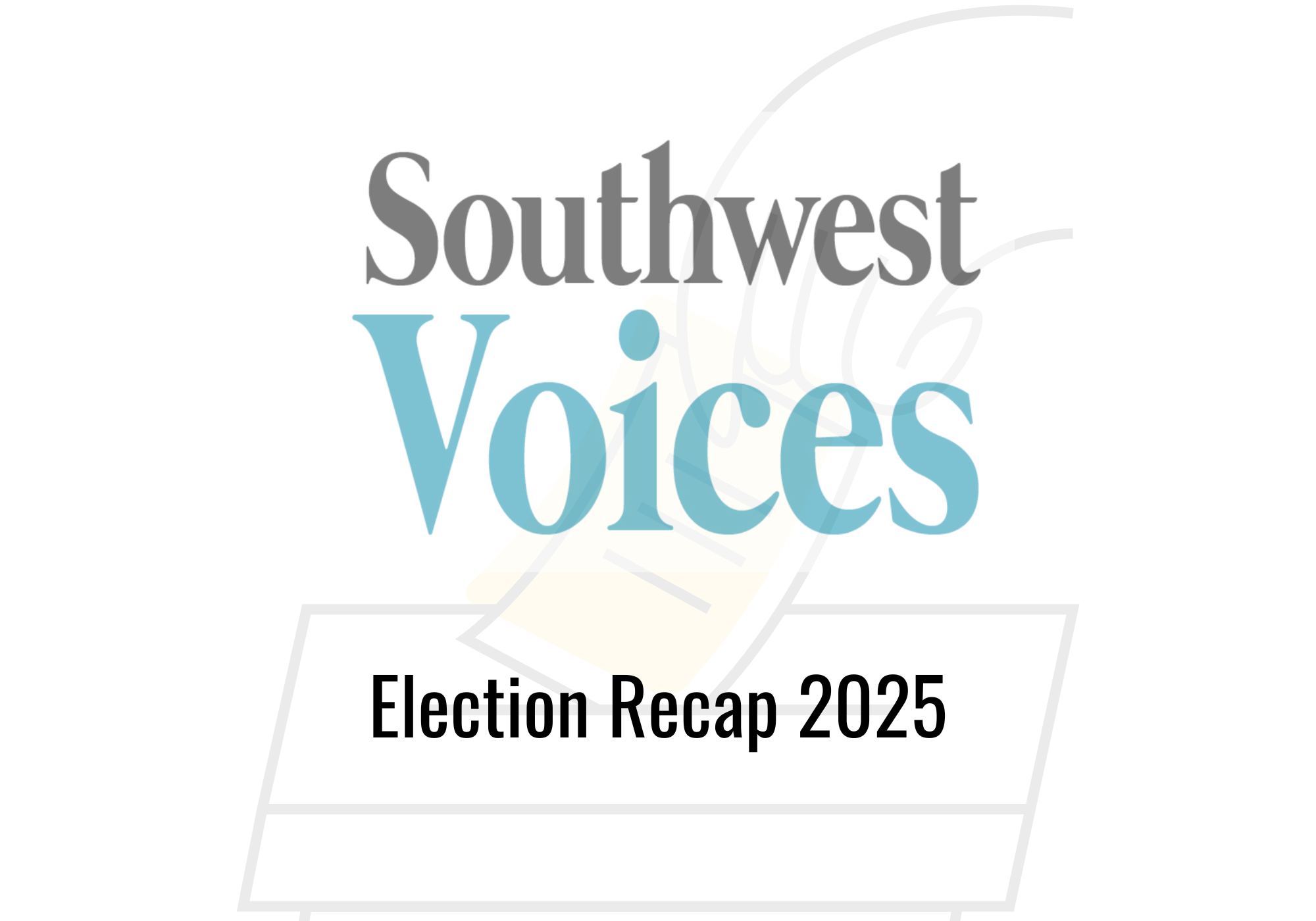The long, and sometimes tumultuous, Minneapolis City budget process is well underway for this year. It will likely conclude in early December when City Council and mayor will determine how to spend over $2 billion on the behalf of the residents of Minneapolis.
Maximum levy set at 8% increase
In August, Mayor Jacob Frey recommended a budget of $2.03 billion to cover all city expenses next year. This is a 7.41% increase from the 2025 budget of $1.88 billion. It included a property tax levy increase of 7.8%, but in September, the Board of Estimate and Taxation (BET) raised the maximum increase to 8%.
“We approved the individual maximum levies as recommended by the mayor, except for the Park Board,” said BET President Steve Brandt, "which was increased by about $1.061 million to provide money to staff the already-opened Graco Park and to staff the park at the Upper Harbor Terminal redevelopment, which will open early next year.”
Prior to that, Brandt’s proposal to increase the park levy by cutting 1% from the mayor’s proposal was voted down.
“I felt confident that the money could be squeezed from the budget after watching the council accomplish that last year,” he said.
Samantha Pree-Stinson moved to increase the park levy with no cuts and that was approved without support from Brandt or Frey, who also sits on the BET.
Priorities established
The public budget process began in May with Frey’s State of the City address where he outlined his 2026 priorities of safety, housing, economic inclusion and neighborhoods, the Northside, Downtown, climate action and health, and good governance.
In June, the Council released their 2026 budget priorities through a survey process and committee review. Councilmembers were asked to weigh in on areas of overspending and underspending, citywide, as well as ward-specific priorities.
Three councilmembers, Andrea Jenkins (Ward 8), Michael Rainville (Ward 3), and LaTrisha Vetaw (Ward 4) chose not to fill out the survey.
Four Southwest council members completed the survey.
Ward 7 Councilmember Katie Cashman prioritized more public bathrooms, followed by expansion and ongoing funding for the safety ambassador program to include all cultural corridors estimated to be around $5 million, and $1.43 million in ongoing funding for the storefront vibrancy program.
Ward 10 Councilmember Aisha Chughtai listed converting the old first precinct station into a new fire station as her top priority, followed by adding a full-time staff person to the Office of Immigrant and Refugee Affairs, and expanding rental relocation assistance.
Ward 11 Councilmember Emily Koski put maintaining or lowering the current property tax levy at the top, followed by first responder hiring and retention, and traffic calming.
Ward 13 Councilmember Linea Palmisano’s only priorities were no new spending and limiting any increase to property taxes. “We need to make deep cuts in order to limit spending,” she wrote. “It is my hope that this does not mean lay-offs of city staff.”
Housing was the most noted area of underspending, followed by traffic calming, and climate initiatives.
Areas of overspending identified by council respondents included contractual services, the high cost of upper management and appointed officials and some traditional law enforcement programs, resources, and risk-related expenses, which likely relates to legal settlements.

Property taxes going up for homeowners
This year the value of commercial properties generally went down, so a larger share of the total property tax bill is shifting to homeowners. For the owner of a median-valued home, for example, this will result in a total annual increase of about $186.
Based on Frey’s proposed budget, City staff calculated that for a property owner paying $2,272 in property taxes, $655 would go to general government services, $500 to the police, $393 to parks, $271 to capital improvements and debt service, $210 to the fire department, $165 to public works, $57 to pensions, and $21 to the Minneapolis Public Housing Authority.
The majority of the budget goes to what the City calls its general fund, which funds most of the City departments and services and relies on property taxes for most of its funding. Frey has recommended putting $700 million into this and approximately 68% of it would cover salaries, wages and benefits for roughly 20 City departments, including the mayor and city council offices.
The most expensive of the 20-some departments is the Police Department that is expected to receive over $225 million again next year.
Some departments, like the fire department, public service office, city clerk and mayor’s office, are recommended for increases. The four smallest departments will see decreases under Frey’s proposal. The City Auditor will go from $3.3 million to $1.7 million. Performance Management and Innovation from $2 million to $1.6 million. Intergovernmental Relations from $1.56 million to to $1.52 million and Racial Equity and Inclusion from $1.5 million to $1.1 million.
Public weighs in
The City Council held its first public hearing on the proposed budget on Oct. 6. Of the over 40 people who spoke, as well the written comments submitted before the meeting, four issues dominated. One regarded Frey’s proposal to not fund Emergency Housing Vouchers in order to increase support for Stable Homes, Stable Schools. People who spoke on this called for them both to be funded.
A second set of commenters focused on a proposed $12,500 cut to Public Access SPEAK MPLS, that provides studio space, media equipment and opportunities for people to create TV programs to be aired on cable and streaming platforms. Additionally, at least three people came to speak in favor of ending the city’s $500,000 multi-year contract with what they called an “Israeli surveillance tech company,” Zencity, and to further ensure that no future City budget funds go towards any companies involved in the surveillance and genocide of the people of Palestine.
Lastly, many people came to oppose the cuts to a labor standards co-enforcement program where the mayor has recommended reducing contractual services by $349,000. This would leave $310,00 for contractual services which speakers feared would reduce trainings for workers, increase racial inequities, and impact low-wage workers. So far in 2025, according to a memo from the Civil Rights Departments staff who oversee the project, the co-enforcement program has helped the Labor Standards Enforcement Division resolve 30 wage theft cases, that involved over 400 workers and recovered over $255,000 in back wages and damages.

Police Department Has Yet to Hire Civilian Investigators or Shut Down Mounted Patrol
By the end of October, the city council will have heard and discussed a report on each individual department’s budget at a budget committee meeting that is recorded and accessible online.
Not surprisingly, the police budget report was among the longest and generated many questions from council members. Council members Koski, Cashman and Robin Wonsley (Ward 2) asked questions about the MPD mounted patrol that is still operating despite its loss of funding last year. Police Chief Brian O’Hara explained that they have funded the program anyway using funds from elsewhere in the department budget.
Councilmembers also asked about why MPD has not hired two of the five civilian investigators that council added to their budget last year due to MPD’s backlog of over 5,000 unsolved cases.
“I was incredibly disturbed to hear that MPD still has thousands of unsolved cases,” said Wonsley after the meeting. “For example, in 2024, MPD had a 22% clearance rate for non-fatal shootings. In comparison, last year St. Paul implemented a task force to target investigations related to non-fatal shootings. In response to those additional investigative resources, St. Paul’s clearance rate for non-fatal shootings doubled from 38% from 2023 to 71% in 2024.”
Share Public Comment
In November, the council will begin drafting and considering amendments to the mayor’s proposed budget for a council vote after a final public hearing on Dec. 9.
There is still time for the public to weigh in.
People may contact councilmembers directly, send written comments to the full council, and attend one of the upcoming public hearings on Nov. 19 and Dec. 9 starting at 6:05 p.m. in the Council Chambers of the Public Service Center at 250 S 4th St., Room 350.
Visit the City's website with budget presentations and to learn more.

.jpg)






